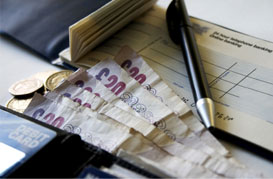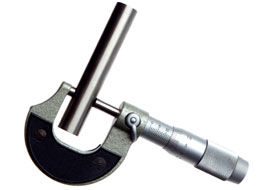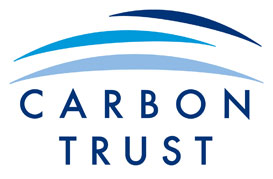
Administration
20
May
May
Direct Debit vs Cash Cheque
Posted by (0) Comment

This article discusses the two forms of payment you are likely to encounter when requested to pay for your energy – direct debit and cash cheque. It is worth noting the difference between the two processes and the additional costs incurred should you choose a cash cheque which increasingly less acceptable to suppliers and in some cases simply not an option.
Definitions
Direct Debit is the process of electronic payment from one bank account to another – this involves an agreement that the energy supplier has the authority to remove the appropriate billed amount from the client account. This transaction is different to a standing order because Direct Debit allows payments of different values. On the other hand, Cash Cheque is a term that is applied to the means of payment by which money is transfered to another bank account via cheque, cash or manual electronic payment – the onus is upon the client to pay the energy company as the energy company does not have the authority to automatically remove the appropriate credit.
Category : Administration | Payment | Blog
- Bookmark :
- Digg
- del.icio.us
- Stumbleupon
- Redit it
11
May
May
Smart Metering and Your Business
Posted by (0) Comment
 Smart Metering is in the news today and the BBC have produced an overview of how a smart meter works in addition to their discussion on how much you can save with a smart meter. Whilst these refer to the domestic market, there is significant relevance for the business market also.
Smart Metering is in the news today and the BBC have produced an overview of how a smart meter works in addition to their discussion on how much you can save with a smart meter. Whilst these refer to the domestic market, there is significant relevance for the business market also.
It’s a familiar story; if you can’t measure it or see it, it can be hard to do anything about it. It seems unlikely that energy prices will reduce over time, and this combined with the focus on Carbon Reduction Commitment for all, should make this a very real issue for most businesses.
Empirical research suggests that simply monitoring consumption, improves awareness and typically consumption will fall. Thus at the most basic level smart metering will help. What Smart metering will do above and beyond the basics for business is provide, up to date accurate information about their consumption.
continue
Category : Efficiency | Energy Companies | Payment | Blog
- Bookmark :
- Digg
- del.icio.us
- Stumbleupon
- Redit it
1
May
May
Energy Benchmarking is the latest buzzword in the world of energy management, carbon emissions and conservation. We are finding that increasing numbers of new and existing clients are questioning how and where they can save energy. This is where the Carbon Trust can assist. The Carbon Trust was set up by the UK Government in 2001 and is an independant company created to “accelerate the move to a low carbon economy by working with organisations to reduce carbon emissions and develop commercial low carbon technologies.”
It might be worth spending some time using their Benchmarking Tool For Office Buildings – here you can make an assessment of how much energy you use in your office spaces and compare this with benchmarks produced for 4 different office types as part of the very detailed ECON 19 publication. This enables the user to flag up any potential need for change and improvement in efficient use of energy.
Category : Carbon Emissions | Efficiency | Blog
- Bookmark :
- Digg
- del.icio.us
- Stumbleupon
- Redit it





